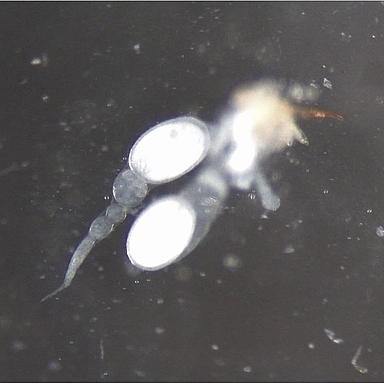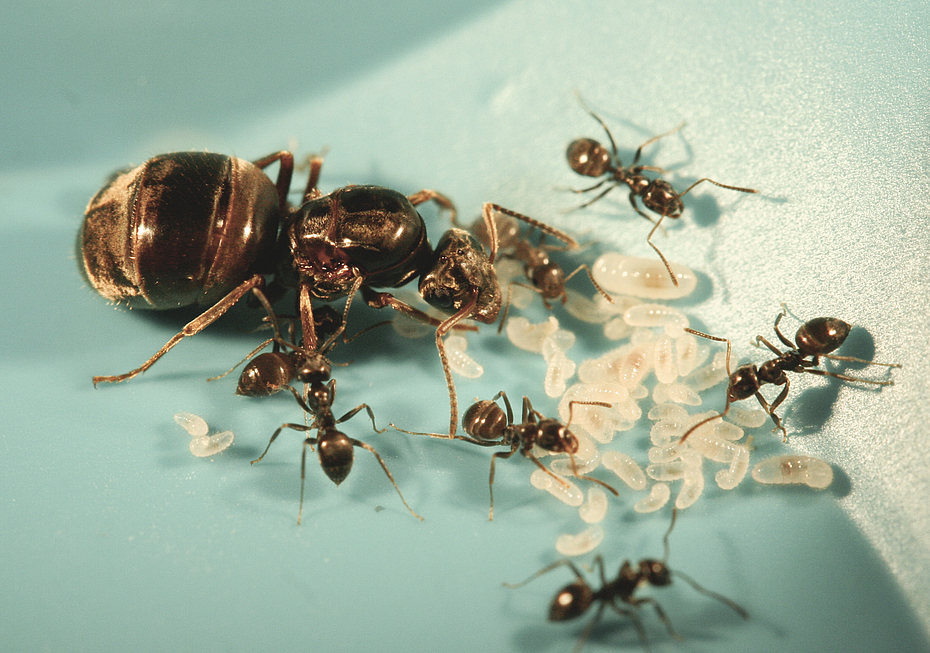Project 11.1

- PhD student: Martin Coulm
- Supervisor: Romain Libbrecht
- Co-Supervisors: René Ketting
- Further TAC-members: Joseph Colgan, Susanne Foitzik
- Research Group
Transition from solitary to social life is one of the main transitions in evolution. A good example can be observed in eusocial hymenoptera, where the reproductive division of labor occur. To study this transition, it is important to compare mechanisms regulating reproductive against non-reproductive tasks. For this purpose, we use two flexible system, Ooceraea biroi and Lasius niger that allow us to study a cycle which is reminiscent of the cycle of the ancestor of the subsocial hymenoptera.
This PhD project will mainly focus on the epigenetic regulation of reproductive division of labour. In the evolution toward sociality, some species reach a point where one can observe the division of tasks among colony members. Some individuals will perform maintenance while some other, one in most cases, will only reproduce. However, this scenario is not always true and subject to some flexibility, as we can see in some ant species, where some transitions phases happens.
One of these transitions is during colony foundation by a queen ant. At this time, the newly mated queen will start a new colony by taking care of the brood. Once the first workers emerge, the queen will then only focus on reproduction. To investigate the molecular mechanisms responsible for this transition, mainly the differences in genes expressions, we will use the black garden ant, Lasius niger, where it is easy to manipulate the social structure of the queen.
In the opposite of this one-time transition, we can observe some that are fixed and periodic. This is the case for the clonal raider ants, Ooceraea biroi, where all individuals of a colony are synchronized in either a reproductive or a foraging phase. Using this system, we can easily manipulate the phase while controlling for age, size, and genetic background. These characteristics make O.biroi an ideal model to study the epigenetic mechanisms responsible for the naturally occurring transitions.
In the past decades, lot of effort have focused on the differences between castes. This work has provided a lot of support for the futures research, but also know some limits. Indeed, in most cases, the castes are fixed and cannot be experimentally manipulated. Investigating flexible systems allow us to over come some of these limits and to bring new insights on how eusociality arise from the sub-social ancestor.
Finally, this project aims to bring more molecular support to known phenomenon combining molecular methods like RNA-seq or CHIP-seq with more traditional methods of behavioural ecology, and ultimately help to better understand the evolution of sociality in ants.
